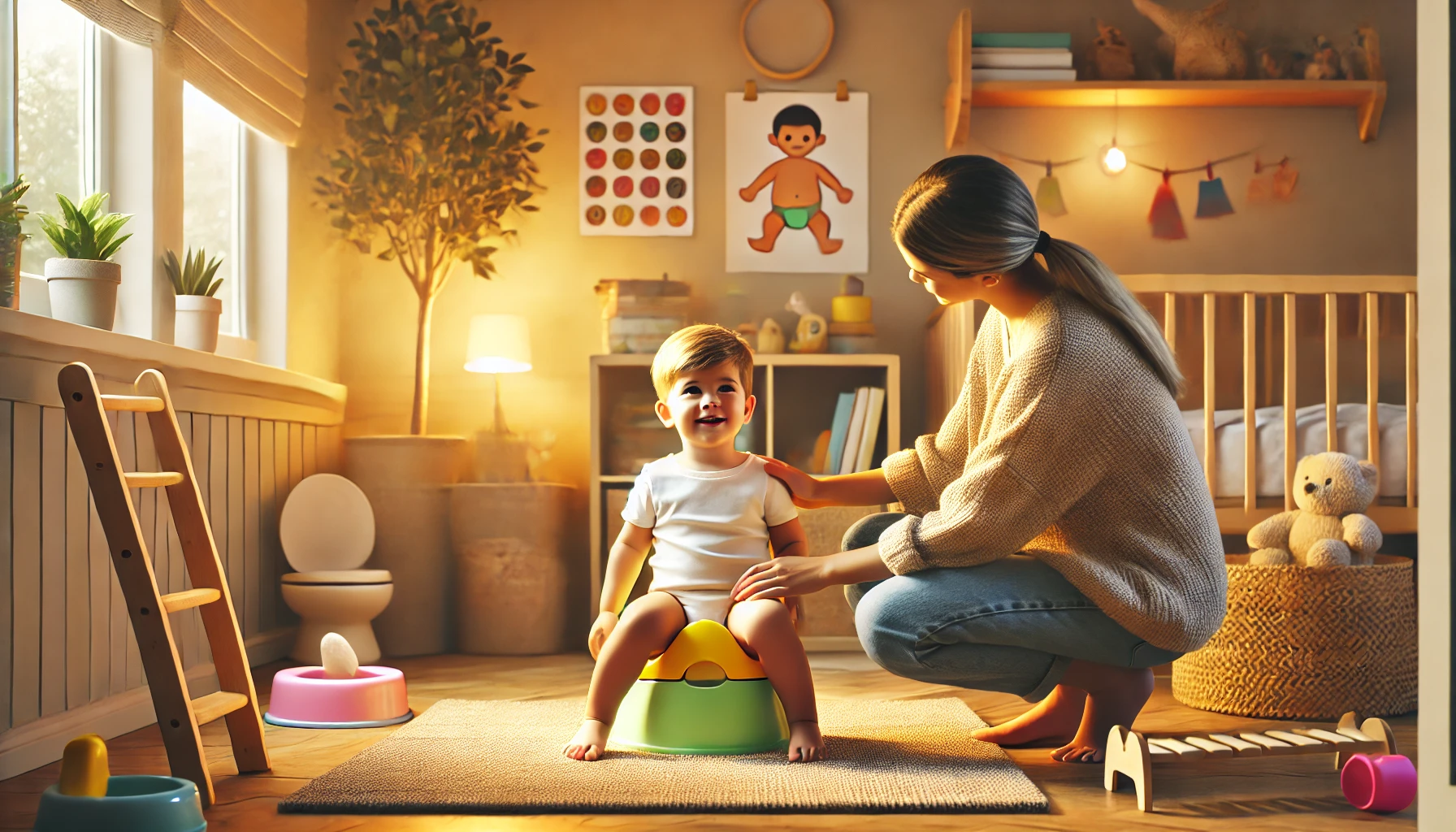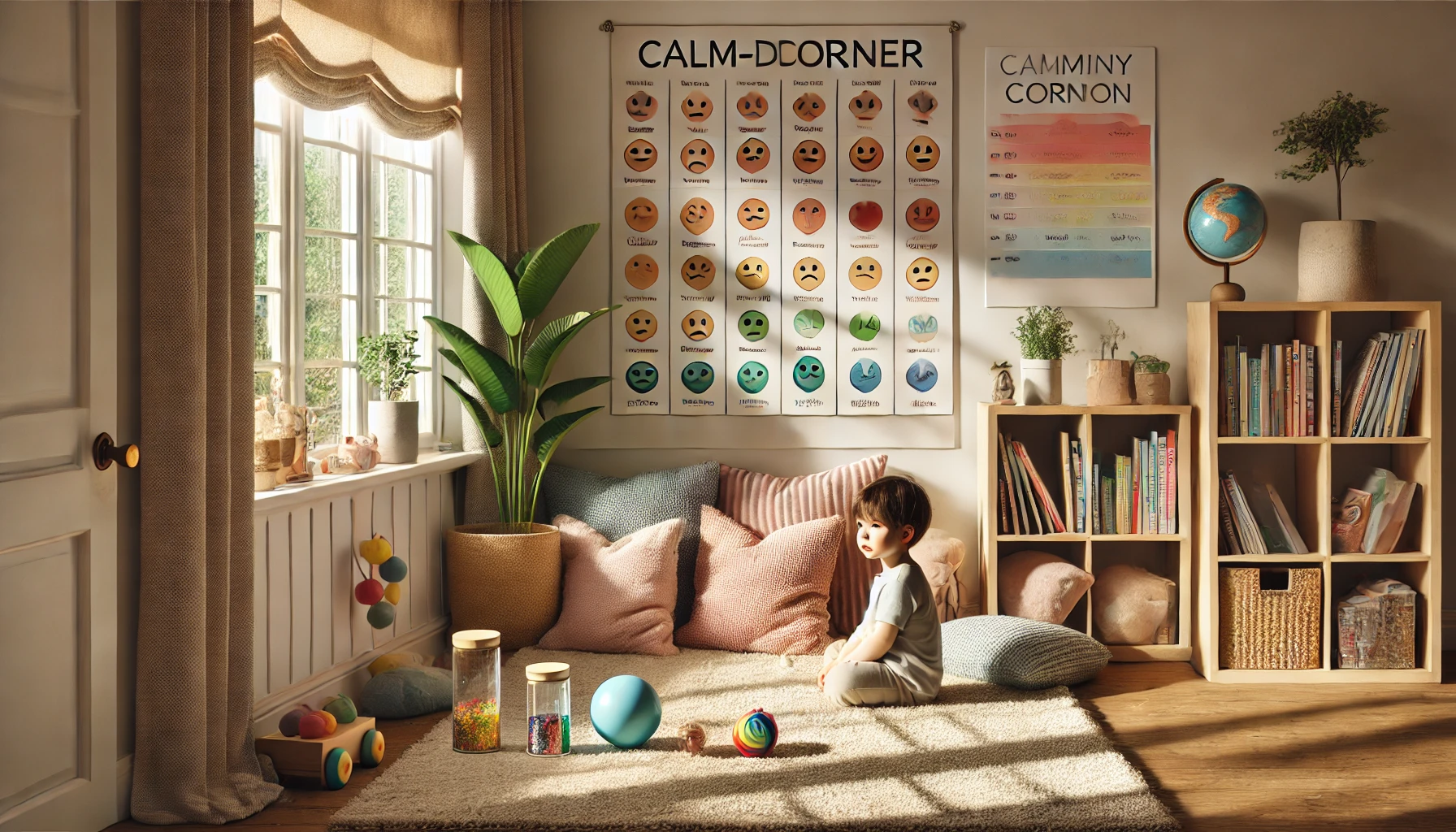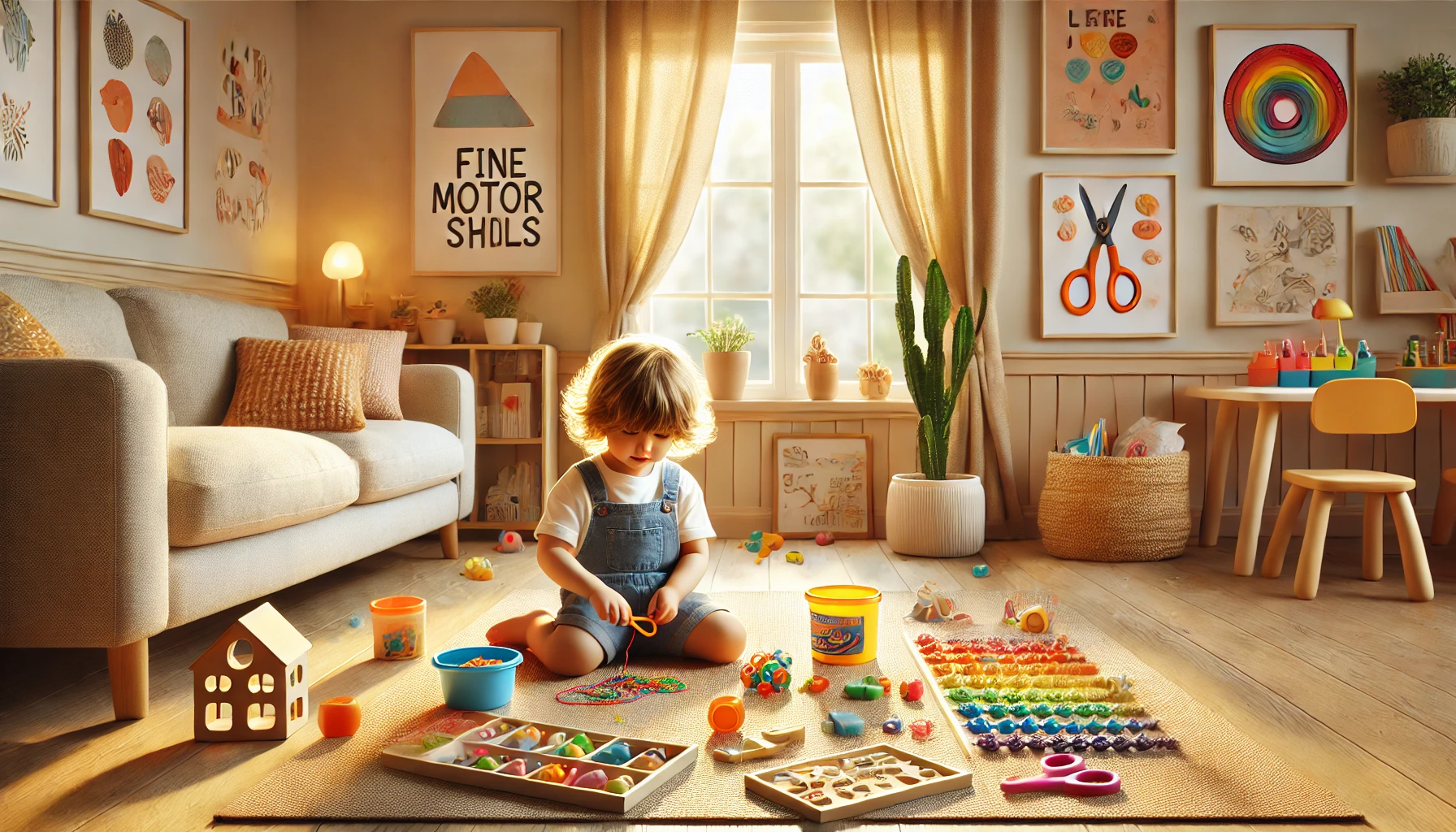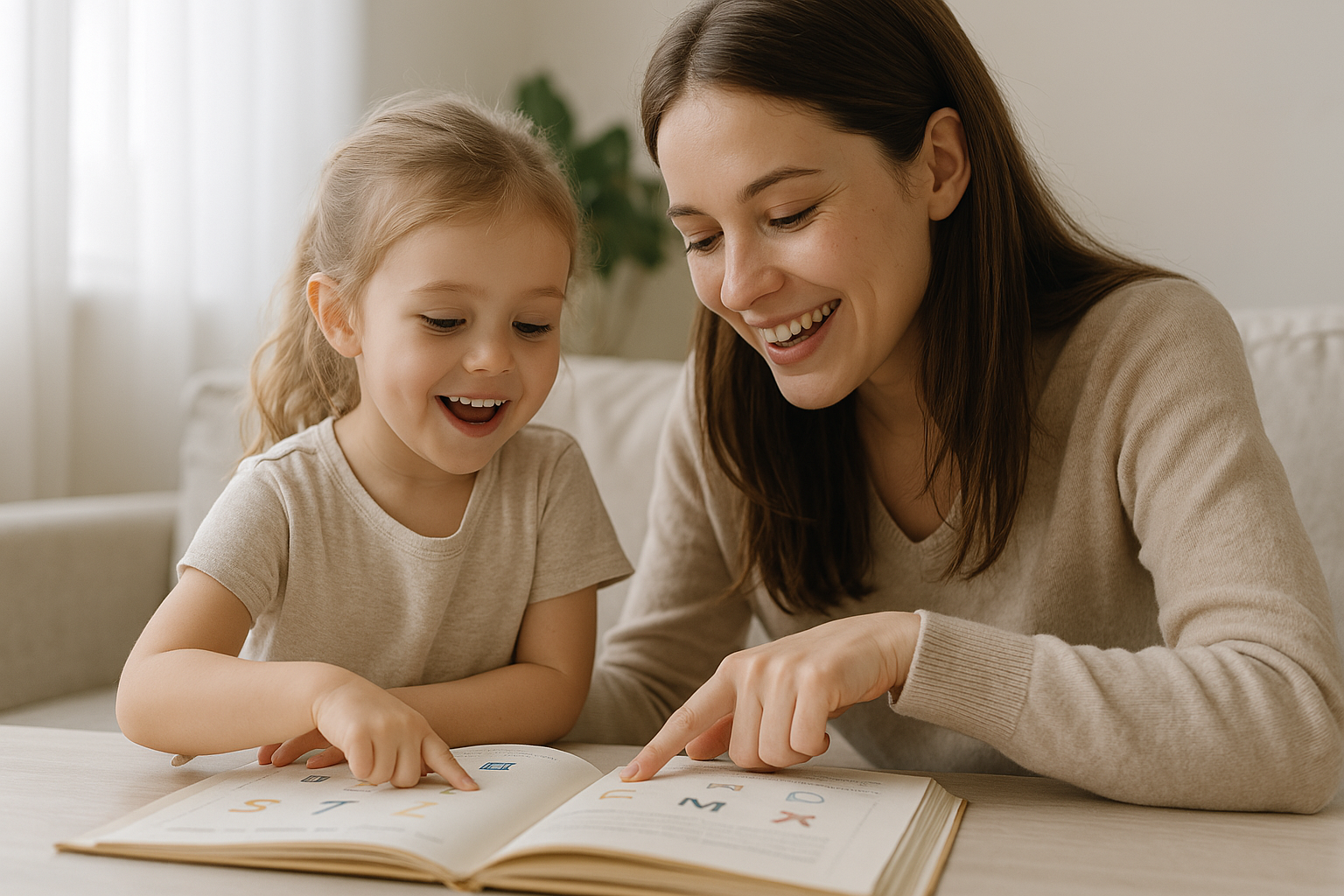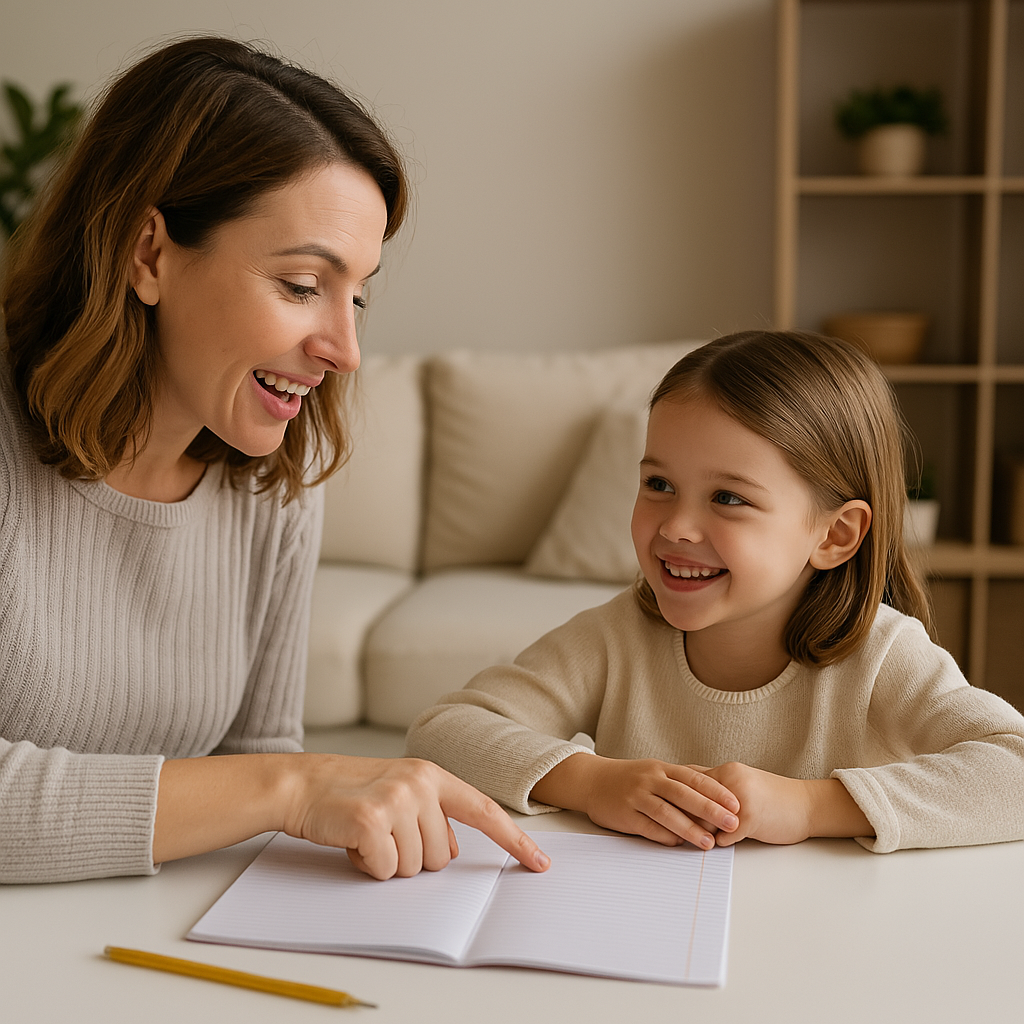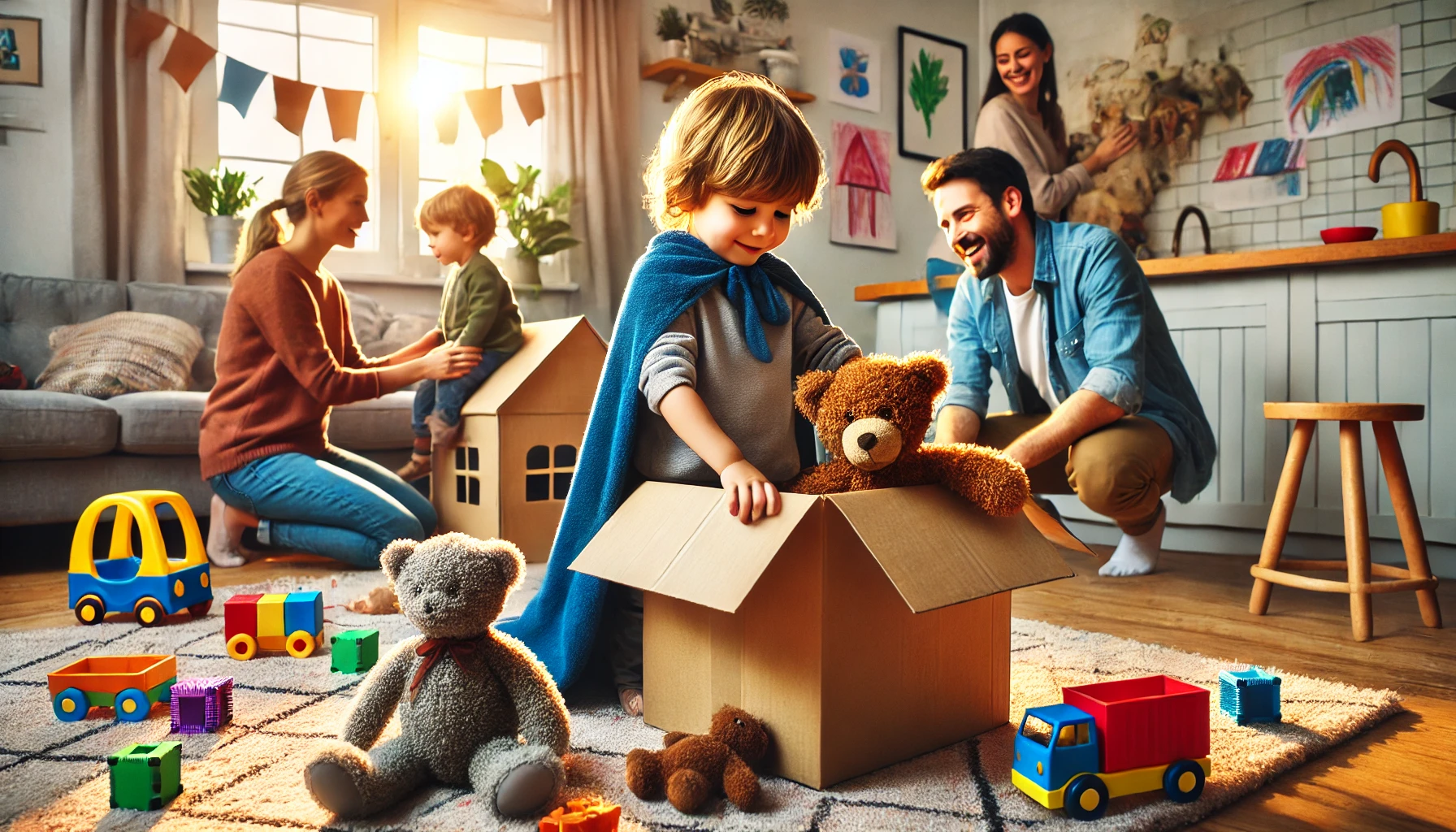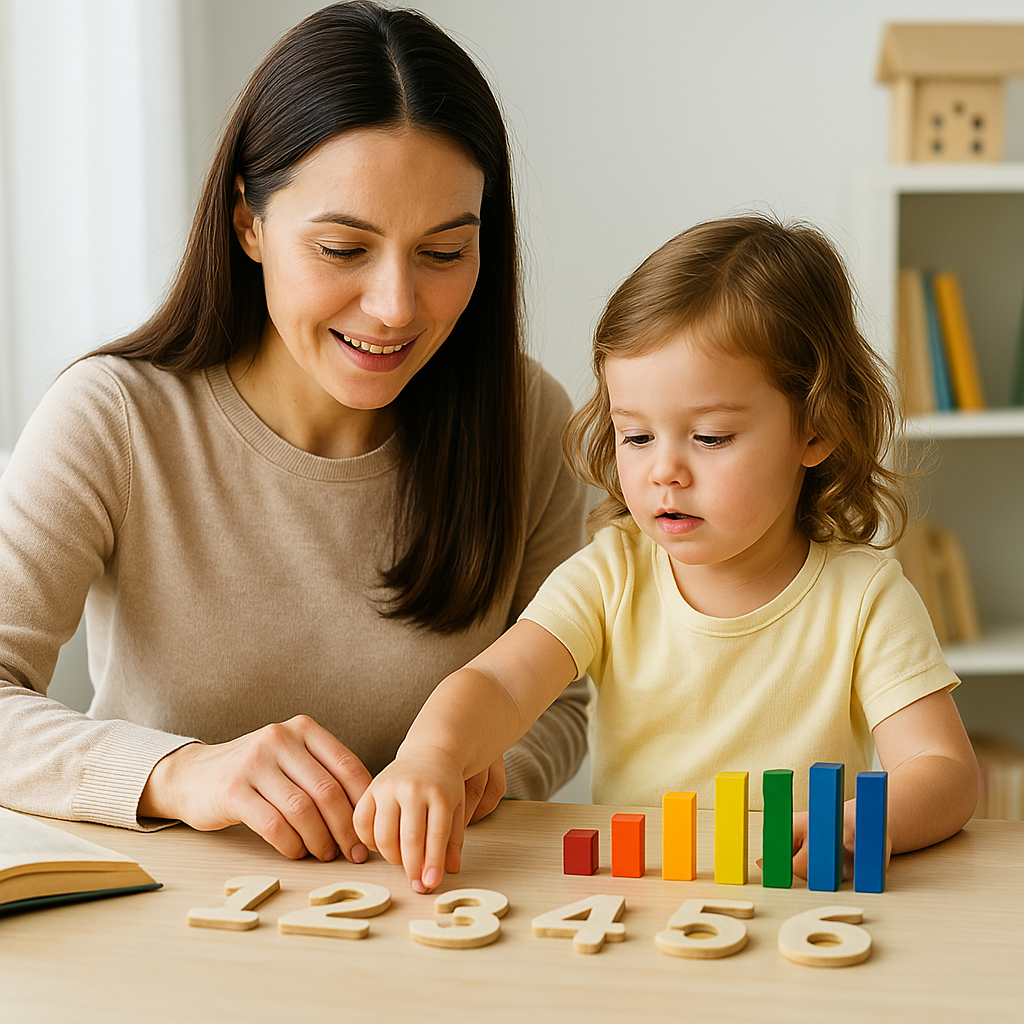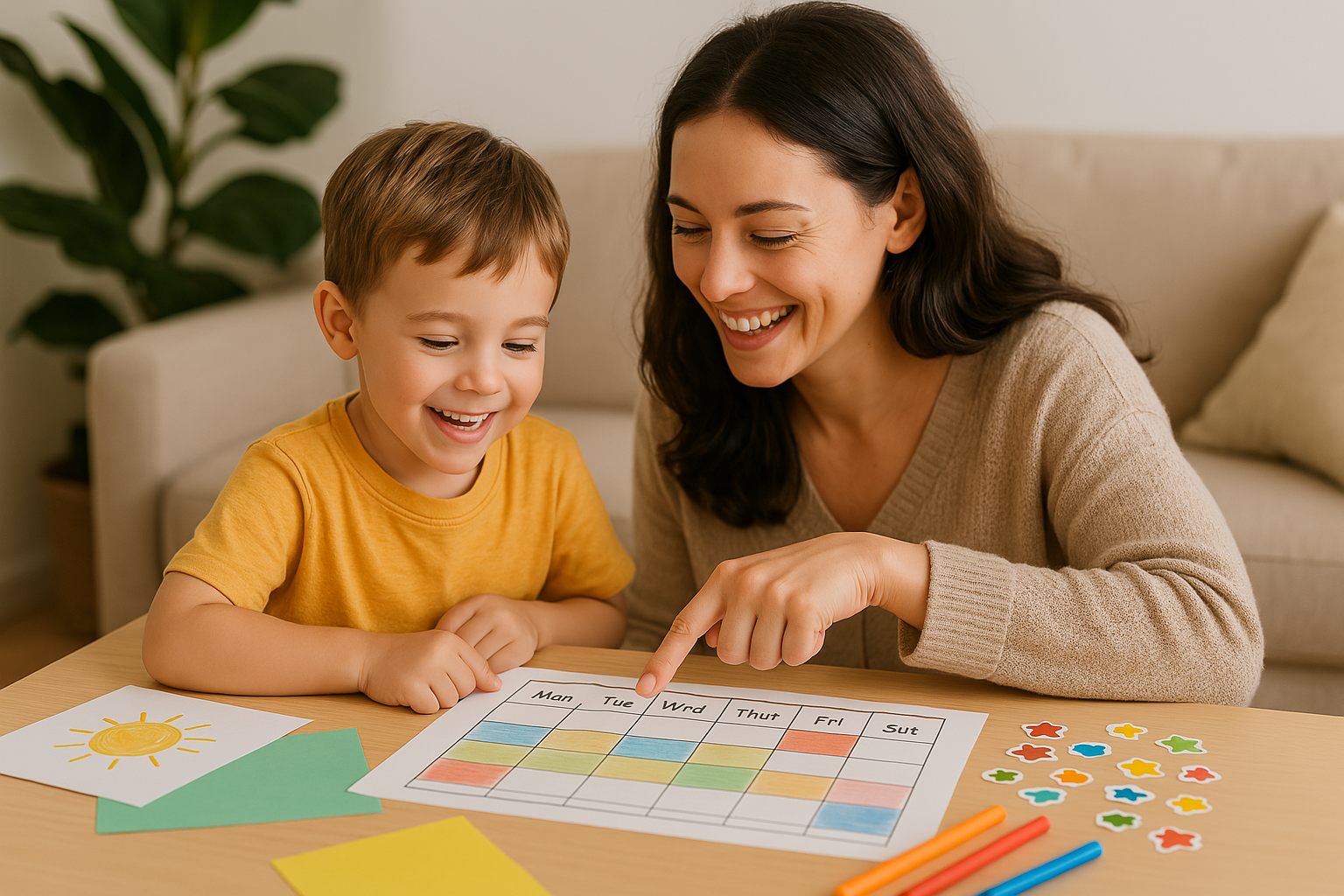10 Practical Tips to Teach a Child to Use the Toilet Easily
As I embarked on the journey of potty training my child, I couldn’t help but wonder: Is there ever a right time or a right method to teach a child to use the bathroom? It turns out that this milestone, like many others in parenthood, is part science, part art, and a whole lot of … Ler mais
